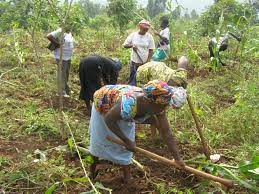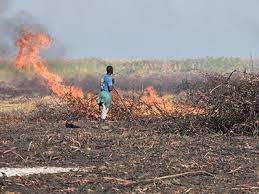REVISED FISP MUST INCORPORATE LOCAL SEEDS AND ORGANIC FERTILIZER
In view of the government's intention to transform the Farmer Input Support Program-FISP, into an agricultural business initiative, Participatory Ecological Land Use Management-PELUM country coordinator Muketoi Wamunyima has recommended the need to ensure that the revised program includes the provision of local seeds and organic fertilisers to farmers. Mr Wamunyima says in its current form, FISP is not working hence he welcomes plans to redesign it and is looking forward to seeing what will be contained in the new program. Mr Wamunyima believes that if the sector is to progress farmers must be given the choice of seeds they want to use in their fields, be it local or hybrid seeds. He feels that farmers have for a long time been forced to practise mono-cropping by only growing maize which he said has not helped the sector to grow and has since stressed the need to ensure that crop diversification is fully implemented. "We have started time and again that FISP is not working a...

.jpeg)
.jpeg)


